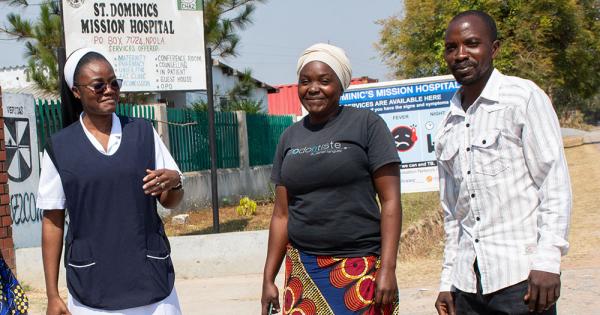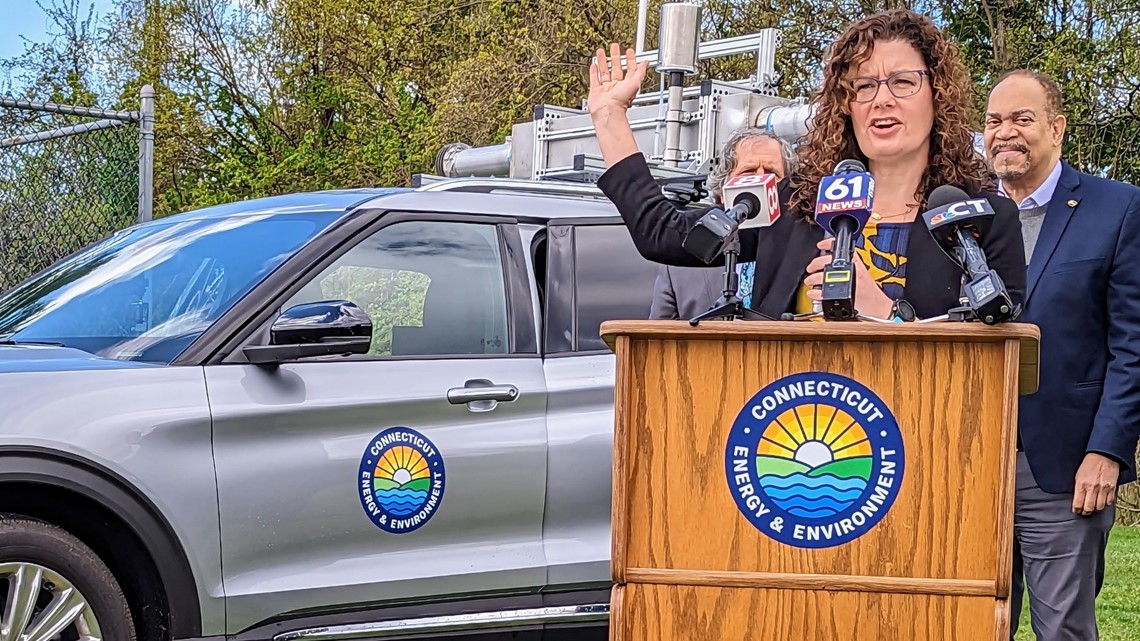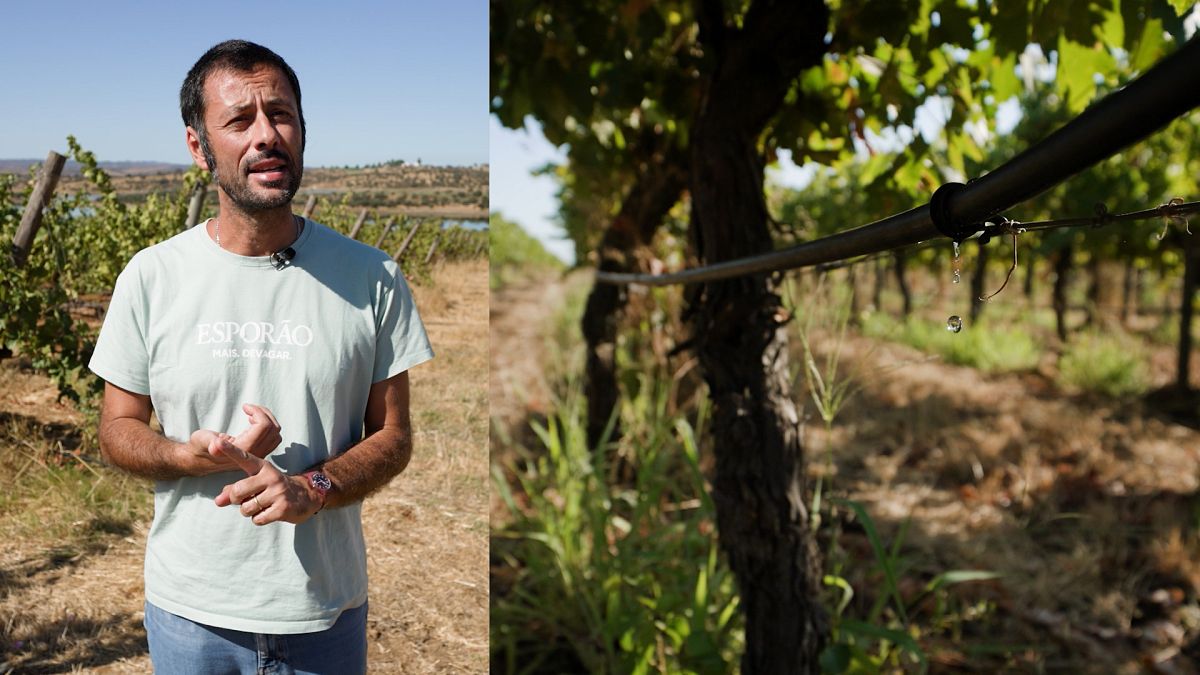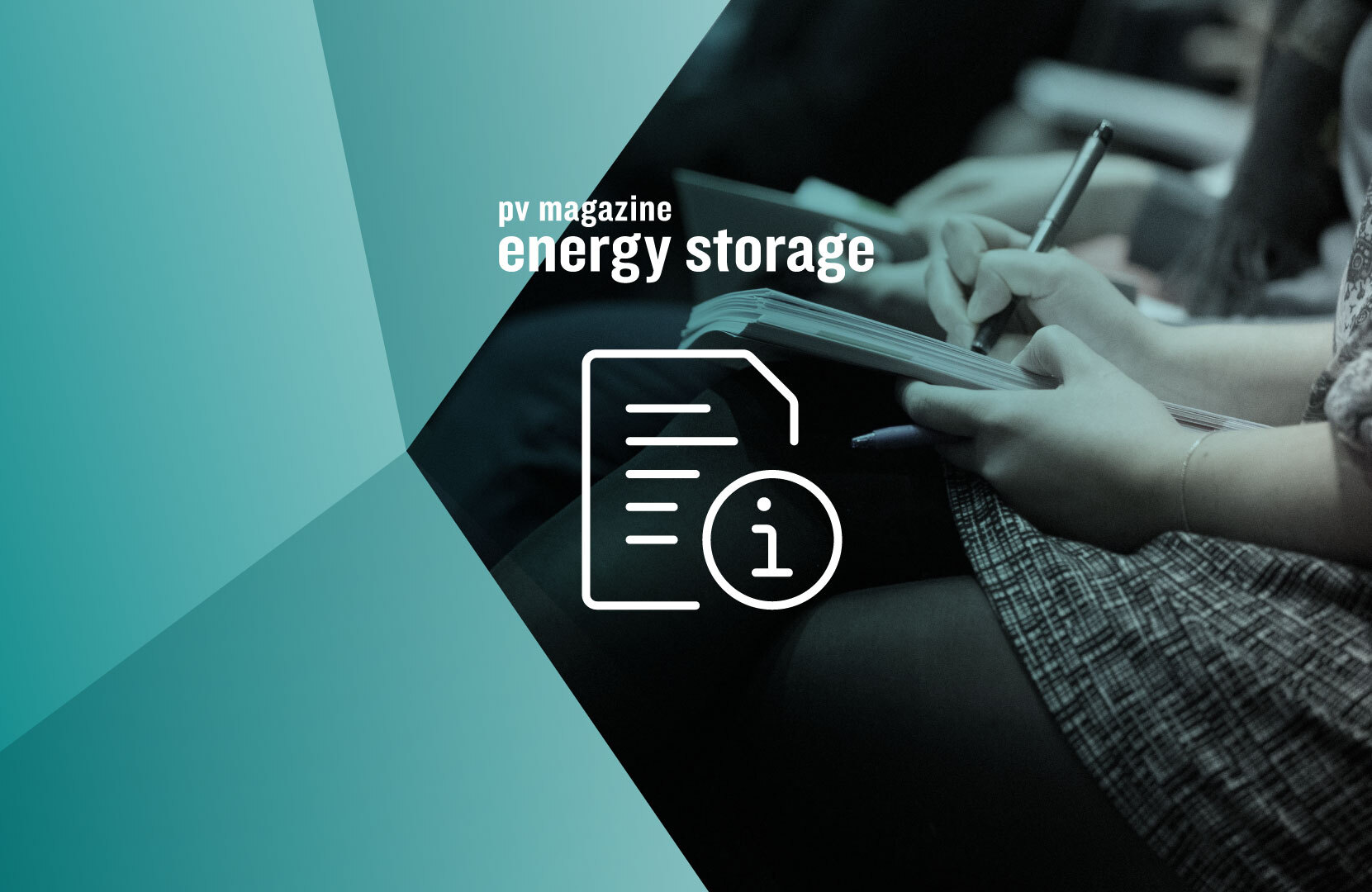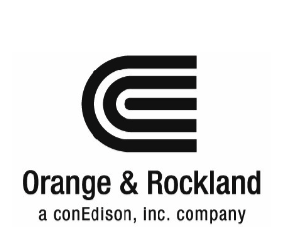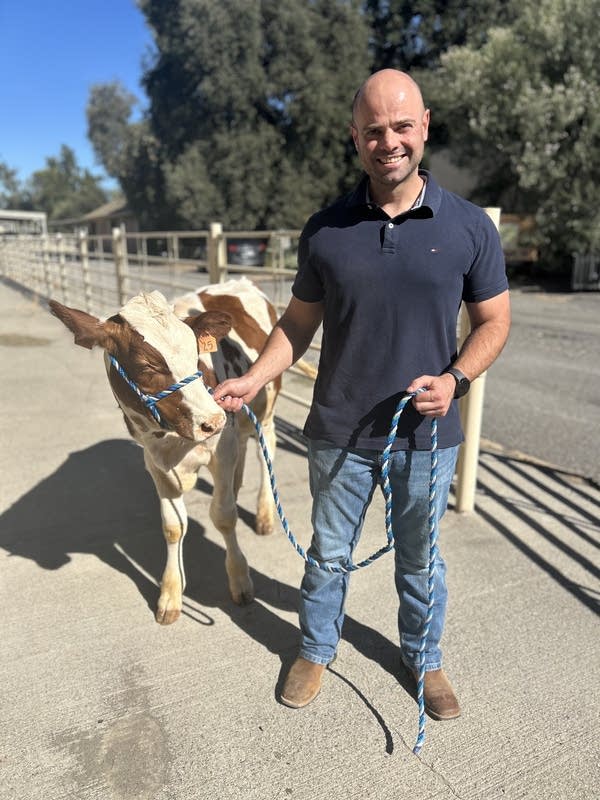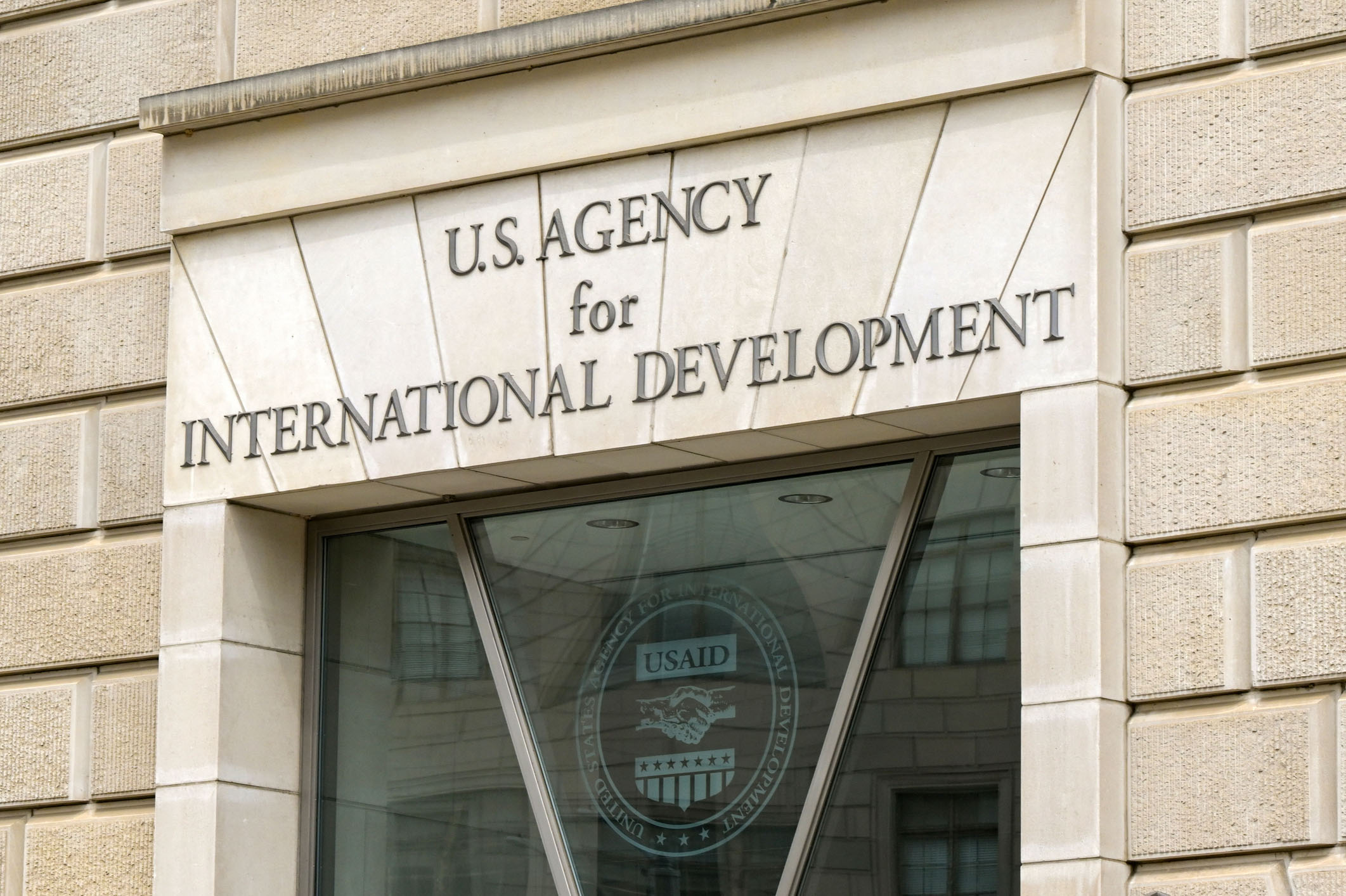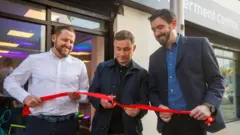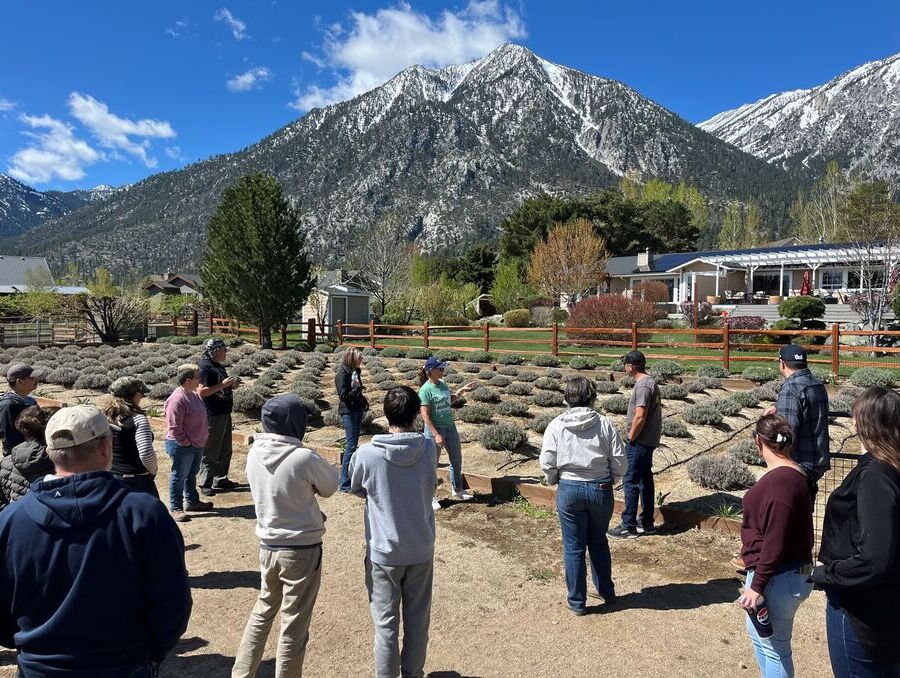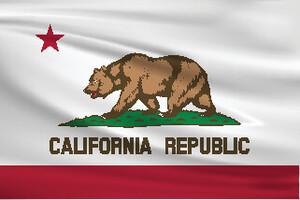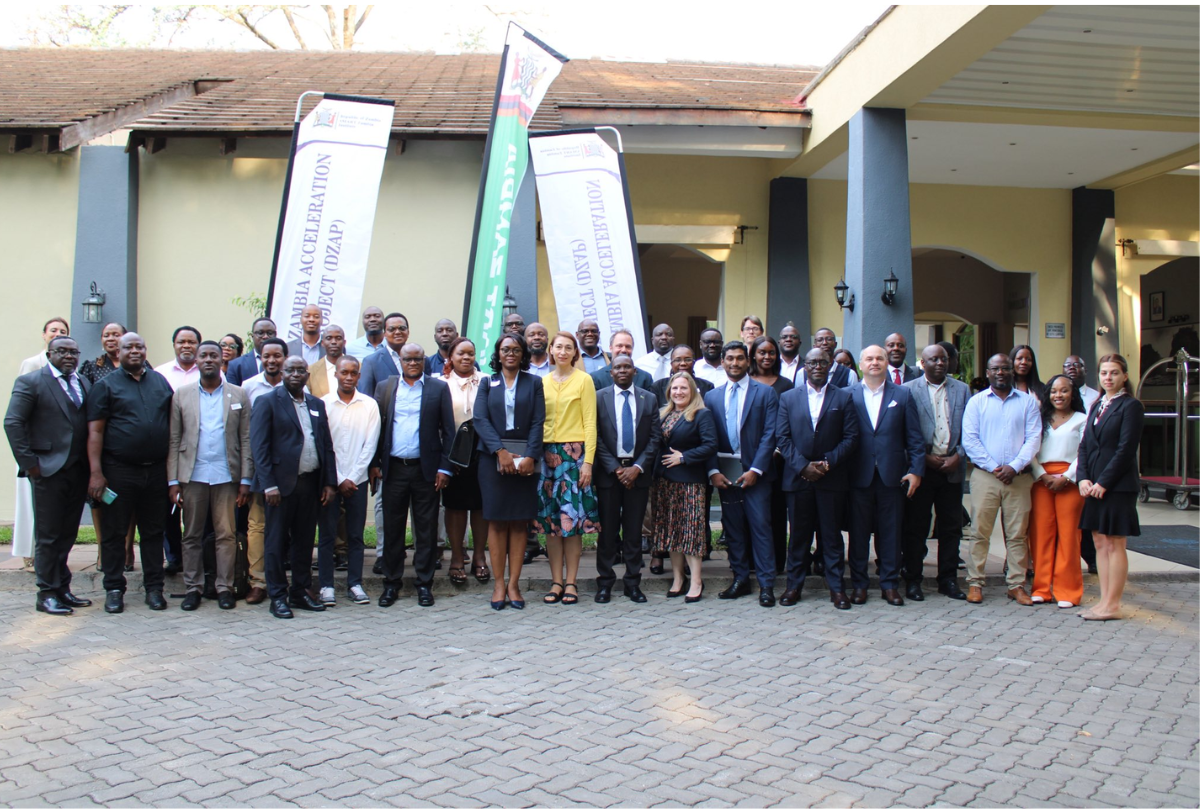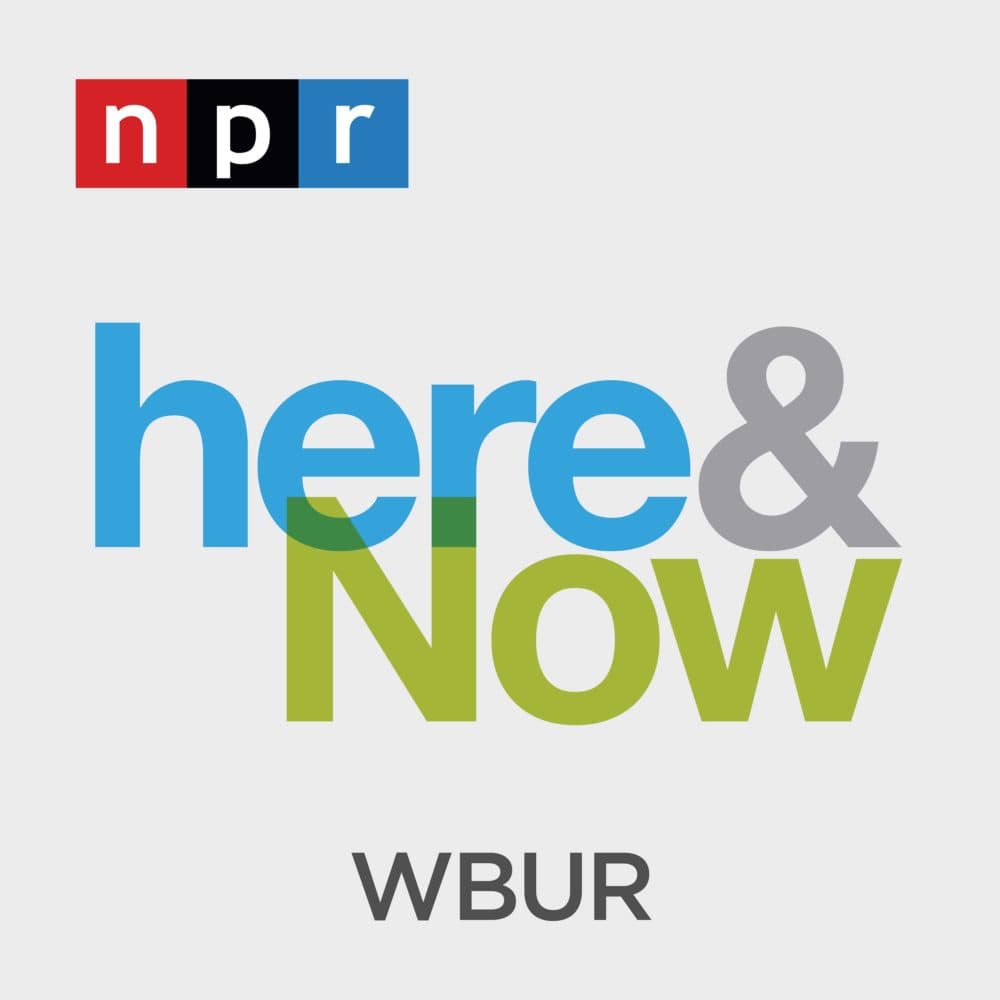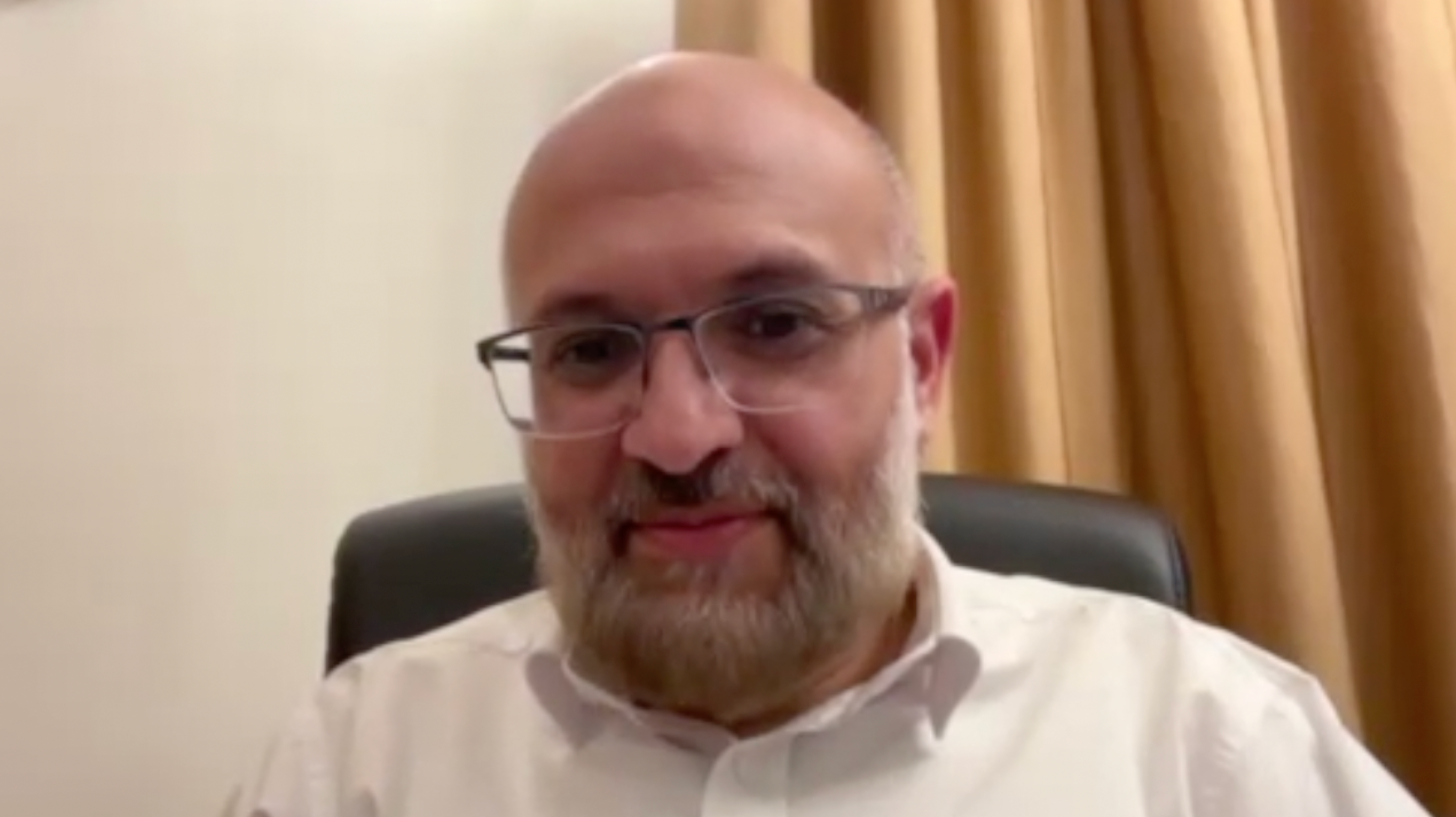Free Financial Empowerment Classes in Adrian – WLEN

Report on Community Action Agency’s Financial Empowerment Initiative
The Community Action Agency (CAA), an organization dedicated to promoting self-sufficiency since 1965, is launching a series of free financial empowerment classes in Adrian during August. This initiative is designed to equip residents with essential financial skills, directly contributing to several United Nations Sustainable Development Goals (SDGs) by fostering economic stability and reducing inequality within the community.
Alignment with Sustainable Development Goals (SDGs)
The program’s objectives are intrinsically linked to the global agenda for sustainable development. By providing accessible education on financial literacy, the CAA addresses the root causes of economic vulnerability.
Key SDG Contributions:
- SDG 1: No Poverty: The classes provide individuals with the fundamental tools of money management, budgeting, and savings, which are critical for building financial resilience and moving out of poverty.
- SDG 4: Quality Education: This initiative offers vital lifelong learning opportunities, ensuring inclusive and equitable quality education for adults outside of formal schooling, empowering them with practical skills for improved livelihoods.
- SDG 8: Decent Work and Economic Growth: By improving financial literacy, the program supports sustained and inclusive economic growth. Financially stable individuals are better able to participate in the local economy, save for the future, and manage debt, contributing to a more robust community.
- SDG 10: Reduced Inequalities: Offering these classes free of charge removes financial barriers to education, ensuring that all residents, particularly those from low-income households, have the opportunity to improve their economic standing and reduce financial inequality.
- SDG 11: Sustainable Cities and Communities: The “Rent for Success” session specifically addresses housing stability by educating tenants on their rights and responsibilities. This contributes to making communities more inclusive, safe, and sustainable by preventing housing crises and promoting secure living conditions.
Program Details and Schedule
The series covers a comprehensive range of topics essential for personal financial health and stability. All sessions are open to the public and will be held at the Ebeid Center at Comstock, located at 801 East Maumee Street, Adrian.
Course Offerings and Objectives:
- Money Management: To assist residents in tracking expenditures and creating effective personal budgets.
- Savings and Banking: To educate participants on strategies for building savings and effectively utilizing banking services.
- Understanding Credit: To provide a clear understanding of credit reports, credit scores, and methods for building or repairing credit.
- Rent for Success: To inform tenants about their legal rights and responsibilities, empowering them to navigate housing laws successfully.
Schedule:
- August 12th: Money Management
- August 19th: Savings and Banking
- August 20th: Rent for Success
- August 21st: Understanding Credit
Contact and Registration Information
For further information or to register for the classes, interested parties may contact the Community Action Agency directly.
- Telephone: (517) 240-0541
- Email: frebottaro@caajlh.org
Analysis of Sustainable Development Goals in the Article
1. Which SDGs are addressed or connected to the issues highlighted in the article?
-
SDG 1: No Poverty
The article focuses on promoting “self-sufficiency” through financial empowerment. By offering classes on money management, savings, and budgeting, the Community Action Agency directly addresses the root causes of financial instability, which is a key dimension of poverty.
-
SDG 4: Quality Education
The initiative described is a form of adult education aimed at lifelong learning. The “free financial empowerment classes” provide essential life skills, contributing to the goal of ensuring inclusive and equitable quality education for all.
-
SDG 8: Decent Work and Economic Growth
Financial literacy is fundamental to economic participation. Understanding banking and credit, as taught in the sessions, empowers individuals to manage their finances effectively, potentially access capital for entrepreneurship, and achieve economic stability, which supports broader economic growth.
-
SDG 10: Reduced Inequalities
By making the classes “free” and “open to the public,” the program aims to provide equal opportunities for financial education, particularly for vulnerable or low-income residents. This helps to reduce economic inequalities within the community by empowering individuals with knowledge and tools for financial inclusion.
-
SDG 11: Sustainable Cities and Communities
The “Rent for Success” class, which covers “tenant rights” and “housing laws,” directly contributes to making communities more inclusive and sustainable. Educating residents on their housing rights helps ensure access to adequate and secure housing, a cornerstone of a sustainable community.
2. What specific targets under those SDGs can be identified based on the article’s content?
-
Target 1.4: By 2030, ensure that all men and women, in particular the poor and the vulnerable, have equal rights to economic resources, as well as access to basic services… and financial services.
The classes on “Savings and Banking,” “Understanding Credit,” and “tenant rights” are designed to improve access to and understanding of financial services and economic resources (secure housing).
-
Target 4.4: By 2030, substantially increase the number of youth and adults who have relevant skills, including technical and vocational skills, for employment, decent jobs and entrepreneurship.
The skills taught—such as how to “track spending, build budgets, understand credit”—are relevant financial literacy skills that enhance individuals’ capacity for economic self-sufficiency.
-
Target 8.10: Strengthen the capacity of domestic financial institutions to encourage and expand access to banking, insurance and financial services for all.
By educating the public on “Savings and Banking” and “Credit,” the program helps create more informed consumers who can effectively utilize financial services, thereby supporting the goal of expanding access for all.
-
Target 10.2: By 2030, empower and promote the social, economic and political inclusion of all… irrespective of… economic or other status.
The program’s model of offering “free” and publicly accessible classes is a direct effort to empower individuals regardless of their economic status, promoting economic inclusion.
-
Target 11.1: By 2030, ensure access for all to adequate, safe and affordable housing and basic services.
The “Rent for Success” session, which educates residents on “housing laws,” directly supports this target by empowering tenants to secure and maintain adequate housing.
3. Are there any indicators mentioned or implied in the article that can be used to measure progress towards the identified targets?
While the article does not state official SDG indicators, it implies several metrics that can be used to measure the program’s contribution and progress:
- Number of financial literacy programs available to the public: The article describes a “series of free financial empowerment classes,” which is a direct indicator of the availability of such educational services.
- Number of participants in financial literacy training: The fact that the classes are “open to the public” implies an objective to reach community members. Tracking the number of attendees would be a primary indicator of the program’s reach and, by extension, progress towards Target 4.4.
- Scope of financial and housing education provided: The article lists the specific topics covered, such as “money management, savings, banking, credit, and tenant rights.” The breadth and relevance of this curriculum serve as a qualitative indicator of the education’s quality and alignment with SDG targets.
- Number of individuals educated on tenant rights: The specific “Rent for Success” class implies a direct effort to inform residents about housing laws. The number of people attending this session is a direct indicator of progress towards ensuring communities are knowledgeable about securing adequate housing (Target 11.1).
4. Table of SDGs, Targets, and Indicators
| SDGs | Targets | Indicators (Identified or Implied in the Article) |
|---|---|---|
| SDG 1: No Poverty | 1.4: Equal rights to economic resources and access to financial services. | Provision of classes on “Savings and Banking” and “Understanding Credit” to promote access to financial services. |
| SDG 4: Quality Education | 4.4: Increase the number of adults with relevant skills for economic self-sufficiency. | Number of participants attending the free classes on “money management” and “budgets.” |
| SDG 8: Decent Work and Economic Growth | 8.10: Expand access to banking and financial services for all. | Number of educational sessions offered on “Savings and Banking.” |
| SDG 10: Reduced Inequalities | 10.2: Empower and promote the economic inclusion of all. | The availability of “free” and “open to the public” classes, ensuring accessibility regardless of economic status. |
| SDG 11: Sustainable Cities and Communities | 11.1: Ensure access for all to adequate and safe housing. | Provision of the “Rent for Success” class covering “tenant rights” and “housing laws.” |
Source: wlen.com

What is Your Reaction?
 Like
0
Like
0
 Dislike
0
Dislike
0
 Love
0
Love
0
 Funny
0
Funny
0
 Angry
0
Angry
0
 Sad
0
Sad
0
 Wow
0
Wow
0









